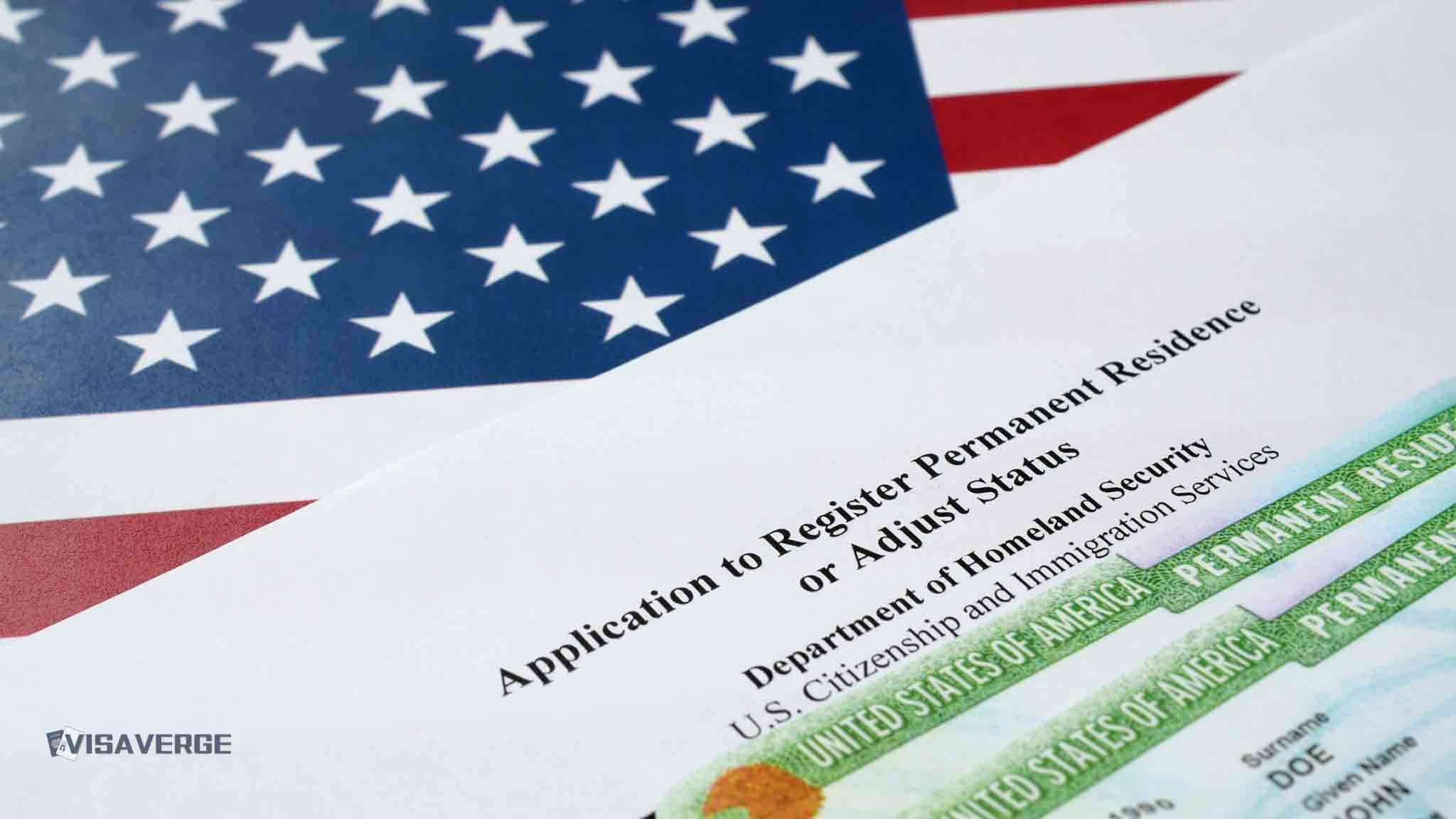Key Takeaways
• Dutch Asylum Minister Marjolein Faber cancels Efteling trip for asylum youths, prioritizing essential public spending.
• Majority of Dutch citizens support cancellation, according to May 23, 2025 poll on recreational funding.
• NGOs oppose cuts citing negative impacts on youth mental health and integration opportunities.
The recent decision by Asylum Minister Marjolein Faber to cancel a planned recreational trip for asylum-seeking youths to the Efteling amusement park has sparked significant discussion in the Netherlands 🇳🇱. This move, supported by a majority of Dutch citizens according to a recent poll, reflects a broader shift in government policy regarding the use of public funds for asylum seekers. This analysis examines the scope and purpose of the policy change, the methodology behind the poll, key findings, data presentation, comparisons and trends, and the practical effects on various stakeholders. The discussion also considers evidence-based conclusions, limitations of the available data, and the broader context of Dutch asylum policy.
Purpose and Scope

The purpose of this analysis is to provide a clear, in-depth look at the cancellation of the Efteling amusement park trip for asylum youths, the public and political response, and the broader implications for asylum policy in the Netherlands 🇳🇱. The scope includes:
- The official reasoning and policy direction set by Asylum Minister Marjolein Faber
- Public opinion as measured by recent polling
- The impact on asylum-seeking youths, reception centers, and advocacy groups
- The historical context and possible future developments in Dutch asylum policy
Methodology
This analysis draws on official government statements, media reports, and polling data published on May 23, 2025. The poll referenced was widely reported in Dutch media and reflects the views of the general public regarding the cancellation of the recreational trip. The analysis also considers statements from key stakeholders, including government officials, NGOs, and opposition politicians. Where possible, data is presented in a clear, accessible format, and official sources are referenced for further information.
Key Findings
- Majority Public Support: A recent poll shows that most Dutch citizens support the cancellation of the Efteling amusement park trip for asylum youths.
- Policy Shift: Asylum Minister Marjolein Faber has announced a broader policy to cut funding for recreational activities for asylum seekers, focusing public funds on essential needs.
- Stakeholder Division: While the government and much of the public support the move, NGOs and opposition parties argue that recreational activities are important for the well-being and integration of young asylum seekers.
- Immediate Impact: Asylum youths lose access to outings like the Efteling trip, and reception centers must adjust their programming.
- Future Outlook: The policy may lead to further cuts in non-essential services for asylum seekers, with ongoing debate and possible challenges from advocacy groups.
Data Presentation and Visual Descriptions
To help readers understand the situation, the following table summarizes the positions of key stakeholders:
| Stakeholder | Position/Statement |
|---|---|
| Dutch Government | Supports cancellation; prioritizes essential needs over recreation. |
| Dutch Public | Majority support the cancellation, as per recent poll. |
| NGOs/Opposition | Oppose the move, citing negative impact on youth well-being and integration. |
| Asylum Youths | Directly affected; lose access to recreational opportunities. |
A visual representation (imagine a pie chart) would show a large portion labeled “Support Cancellation” and a smaller portion labeled “Oppose Cancellation,” reflecting the majority support indicated by the poll.
Comparisons, Trends, and Patterns
Historical Context
- Previous Practice: For many years, recreational outings such as trips to the Efteling amusement park were common for asylum-seeking youths in the Netherlands 🇳🇱. These activities were organized by reception centers or NGOs and funded by government or municipal budgets. The goal was to help young asylum seekers cope with stress, support their mental health, and encourage social integration.
- Recent Changes: Since early 2025, there has been a noticeable shift in Dutch asylum policy. Under Minister Faber, the government has moved toward austerity, focusing on limiting spending to what it considers essential needs like housing and basic welfare.
Current Trends
- Public Sentiment: Dutch public opinion has become more critical of what some see as privileges for asylum seekers. This is reflected in the recent poll showing majority support for canceling the Efteling trip.
- Political Climate: The government’s decision aligns with broader political debates about migration, integration, and the use of public funds. There is increasing pressure to prioritize spending on core services.
Policy Comparisons
- Before May 2025: Recreational activities for asylum youths were seen as part of a holistic approach to integration and well-being.
- After May 2025: The focus has shifted to austerity, with recreational activities now considered non-essential and subject to funding cuts.
Evidence-Based Conclusions
Supporters’ Perspective
Supporters of the cancellation, including Minister Faber and much of the Dutch public, argue that public funds should be used for essential services. They point to ongoing pressures on the Dutch asylum system and public finances as reasons to limit spending on leisure activities. According to analysis by VisaVerge.com, this approach is consistent with a broader trend in Europe toward stricter asylum policies and tighter control over public spending.
Critics’ Perspective
NGOs, opposition politicians, and experts in child welfare argue that recreational activities are not just leisure—they are important for the mental health and social development of young asylum seekers. They warn that cutting such programs could have negative long-term effects on integration and well-being. Some experts suggest that the loss of activities like the Efteling amusement park trip could make it harder for young people to adjust to life in the Netherlands 🇳🇱 and may increase feelings of isolation.
Practical Effects and Step-by-Step Procedures
For Asylum Youths
- Loss of Opportunities: The immediate effect is the loss of access to recreational outings, which can provide a break from the stress of the asylum process.
- Impact on Well-being: Without these activities, young asylum seekers may have fewer chances to socialize, relax, and experience normal childhood activities.
For Reception Centers
- Program Adjustments: Staff and volunteers must adjust their programming to fit the new policy. This may mean seeking alternative, privately funded activities or reducing the number of outings.
- Funding Challenges: Requests for government funding for recreational activities are likely to be denied under the new policy.
For NGOs
- Need for Private Donations: NGOs that wish to continue organizing recreational activities will need to seek private donations or alternative funding sources.
- Advocacy Efforts: Some NGOs may increase their advocacy efforts, arguing for the importance of such activities and seeking to influence public opinion and policy.
For Public Funds
- Resource Allocation: The government aims to redirect resources toward core needs, such as housing and basic welfare, rather than leisure activities.
Step-by-Step Procedure for Organizing Recreational Outings (Before Policy Change)
- Planning: Reception center staff or NGOs plan the outing, such as a trip to the Efteling amusement park.
- Approval: The plan is submitted for approval, often requiring a budget and risk assessment.
- Funding: Funding is allocated from government or municipal budgets.
- Organization: Transportation, supervision, and logistics are arranged.
- Execution: The outing takes place, with staff and volunteers ensuring the safety and well-being of participants.
Step-by-Step Procedure (After Policy Change)
- Planning: Staff or NGOs may still plan outings, but with the understanding that government funding is unlikely.
- Funding: Requests for public funds are likely to be denied. NGOs must seek private donations or alternative sources.
- Organization: Outings may be scaled back or canceled if funding cannot be secured.
- Execution: Only outings with secured private funding are likely to proceed.
Limitations
- Lack of Detailed Poll Data: The exact percentage of Dutch citizens supporting the cancellation is not specified in the available sources. The analysis relies on media reports describing a “majority” support.
- Short-Term Focus: The immediate effects of the policy change are clear, but the long-term impact on integration and well-being is harder to measure and may take time to become apparent.
- Stakeholder Voices: While the positions of key stakeholders are summarized, direct quotes from asylum youths themselves are not available in the current data.
Comparisons with Other Countries
While this analysis focuses on the Netherlands 🇳🇱, it is worth noting that similar debates occur in other European countries. Many governments face pressure to limit spending on asylum seekers, especially for non-essential services. However, some countries continue to fund recreational and integration activities, viewing them as investments in long-term social cohesion.
Future Outlook and Anticipated Developments
- Further Cuts Possible: The current policy direction suggests that additional restrictions on non-essential services for asylum seekers may be introduced.
- Legal and Political Challenges: NGOs and opposition parties may seek to challenge or reverse these policies, especially if negative effects on youth well-being become apparent.
- Ongoing Public Debate: The issue is likely to remain a point of contention in Dutch politics, particularly as the country continues to grapple with broader asylum and migration challenges.
- Potential for Alternative Funding: NGOs and private donors may step in to fill the gap left by government cuts, but the scale and sustainability of such efforts remain uncertain.
Official Resources and Contact Information
For readers seeking more information about asylum policy and procedures in the Netherlands 🇳🇱, the following official resources are recommended:
- Dutch Ministry of Justice and Security (Asylum and Migration): ind.nl/en
- Central Agency for the Reception of Asylum Seekers (COA): coa.nl
These websites provide up-to-date information on asylum applications, reception center services, and policy changes.
Conclusion
The cancellation of the Efteling amusement park trip for asylum youths, supported by a majority of the Dutch public, marks a significant shift in Dutch asylum policy under Asylum Minister Marjolein Faber. The move reflects a broader trend toward austerity and prioritization of essential needs in the use of public funds. While supporters argue that this is a necessary step given pressures on the asylum system and public finances, critics warn of negative effects on the well-being and integration of young asylum seekers. The immediate impact is clear: fewer opportunities for recreation and socialization for asylum youths, and new challenges for reception centers and NGOs. The long-term effects, and the outcome of ongoing public and political debate, remain to be seen.
As reported by VisaVerge.com, the Dutch government’s decision is part of a wider European trend toward stricter asylum policies and tighter control over public spending. However, the debate over the role of recreational activities in supporting the well-being and integration of asylum seekers is far from settled. Stakeholders on all sides will continue to watch the effects of these policy changes closely, and further developments are likely as the Netherlands 🇳🇱 continues to address the challenges of asylum and migration.
For those affected by these changes or interested in learning more, official information and guidance can be found on the Dutch Ministry of Justice and Security’s website. Reception centers, NGOs, and advocacy groups may also provide support and updates as the situation evolves.
Learn Today
Asylum Minister → Government official responsible for asylum policy and migrant affairs in a country.
Efteling Amusement Park → Popular Dutch theme park often used for recreational outings by asylum seeker youths.
Recreational Activities → Non-essential programs for leisure aiming to improve well-being and social integration.
Public Funds → Government money allocated to finance services or projects for the public benefit.
Reception Centers → Facilities providing accommodation and support services to asylum seekers during application processing.
This Article in a Nutshell
The Netherlands cancels asylum youths’ Efteling amusement trip amid austerity. Majority public support contrasts NGOs’ warnings about mental health and integration risks.
— By VisaVerge.com













